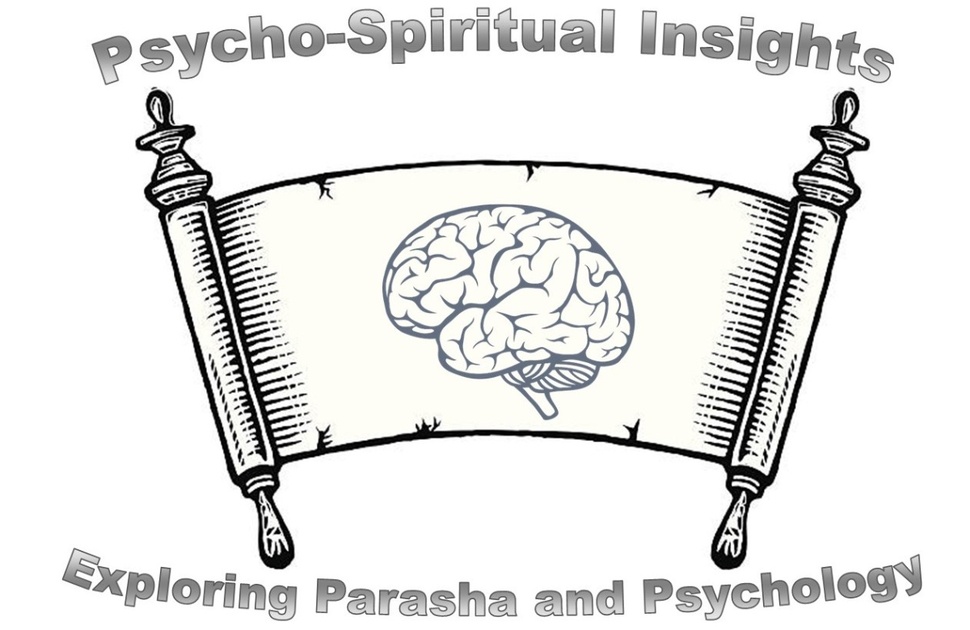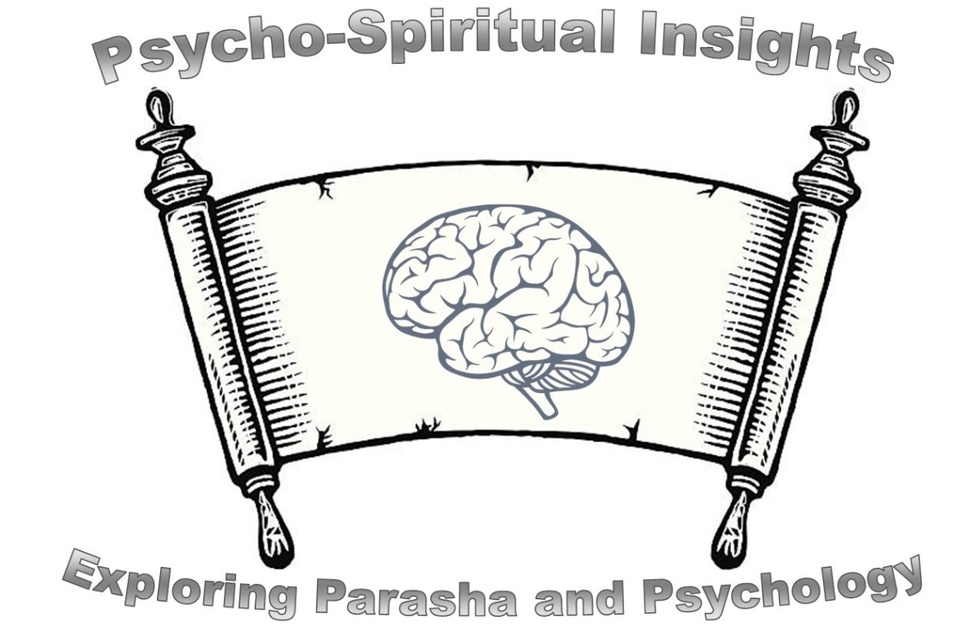
In Parshat Vayishlach, we witness Yaacov Avinu’s dramatic encounter with his brother Esav after years of separation. The passuk says “Vayyira ya'akov me'od – Yaacov was greatly frightened,” (Genesis 32:8) when hearing that Esav was coming to see him. The Chizkuni tells us that Yaakov feared that although he had sent a conciliatory message to Esav, he was afraid that through some inadvertent sin he might have committed recently, he might fall victim to his older brother. He was especially conscious of the fact that he had overstayed his time at Lavan for six years in order to amass some money, instead of returning to the land of Canaan and fulfilling the commandment of honoring his father and mother.
As Yaacov grapples with his fear and the impending meeting with Esav, the Parasha takes an unexpected turn - Yaacov finds himself in a wrestling match with a mysterious figure, described by Rashi as the angel of Esav. The struggle is intense, and as dawn approaches, the figure touches Yaacov’s hip, leaving him with a permanent limp. Despite the toll, the Sforno tells us that Yaacov emerges from this encounter blessed with a new name, Yisrael, symbolizing a transformation, and providing us the name we as a nation continue to carry to this day. Through a psychological lens, this episode serves as a profound exploration of the theme of facing one's fears.
Fear is a universal human experience, often rooted in the unfamiliar, the unpredictable, and the uncontrollable. The feeling of fear is innate, an evolutionary response hardwired into our brains to detect and react to danger. Its intensity can be overwhelming, capable of overriding logic and driving powerful emotional and physical reactions. Modern psychology emphasizes that facing our fears is an essential step towards personal growth and healing. Exposure therapy is a structured approach that helps individuals confront their fears in a gradual and controlled way, reducing anxiety over time. By repeatedly facing feared situations or stimuli without avoiding them, the person learns to weaken their fear response and build confidence in handling their anxiety.
In the same way, Yaacov’s encounter with Esav’ angel represents a courageous confrontation with the fears that have driven him since his youth. As we delve into this narrative, we can extract valuable lessons for our own fears.
Acknowledging Fear: Yaacov’s willingness to confront his fears is the first step in his transformation. Often, our fears linger in the shadows of our consciousness, influencing our decisions and actions. This story encourages us to acknowledge and confront our fears head-on, recognizing that avoidance only perpetuates the struggle.
Faith in your Ability: Tehillim 56:4-5 says “When I am afraid, I trust in You… I am not afraid of what can mortals do to me.” Yaacov’s faith provided him with a spiritual shield to wield headed into battle knowing that Hashem wants what’s best for him. Faith is the flashlight guiding us through moments of darkness.
Facing our Fear and Transformation: Yaacov’s perseverance signifies the resilience required to confront and wrestle with our fears. It's a process that may be uncomfortable and challenging, but it is a necessary step towards personal growth and self-discovery leading to transformation. When we confront our fears, we not only overcome them but also discover new facets of our identity and strength.
Scars remind us the Past is Real: Yaacov’s limp serves as a visible reminder of his struggle, a testament to the challenges he faced and overcame. Similarly, when we confront our fears, we may carry the scars, but they become part of our story, shaping our character and resilience.
Three Short Tips on Facing Fears
- Start Small: Break down your fear into manageable steps, gradually facing it to build confidence and reduce anxiety.
- Seek Support: Share your struggles with a trusted friend, mentor, or therapist to gain perspective and encouragement.
- Reframe the Struggle: View fear as an opportunity for growth, reminding yourself that each challenge strengthens your resilience.
Winston S. Churchill said "Fear is a reaction. Courage is a decision." Parshat Vayishlach teaches us that facing our fears is not a one-time event but a continuous process. Just as Yaacov’s encounter was a pivotal moment, our willingness to confront our fears can lead to personal and spiritual growth. As we navigate the challenges of life, may we find inspiration in Yaacov Avinu’s example by remembering that we are the nation named after his confrontation with Esav - Bnei Yisrael.
Elan Javanfard, M.A., L.M.F.T. is a Consulting Psychotherapist focused on behavioral health redesign, a Professor of Psychology at Pepperdine University, & a lecturer related to Mindfulness, Evidence Based Practices, and Suicide Prevention. Elan is the author of Psycho-Spiritual Insights: Exploring Parasha & Psychology, weekly blog. He lives in Los Angeles Pico Robertson community with his wife and three children and can be reached at Elan.Javanfard@gmail.com.
 Previous
Previous

